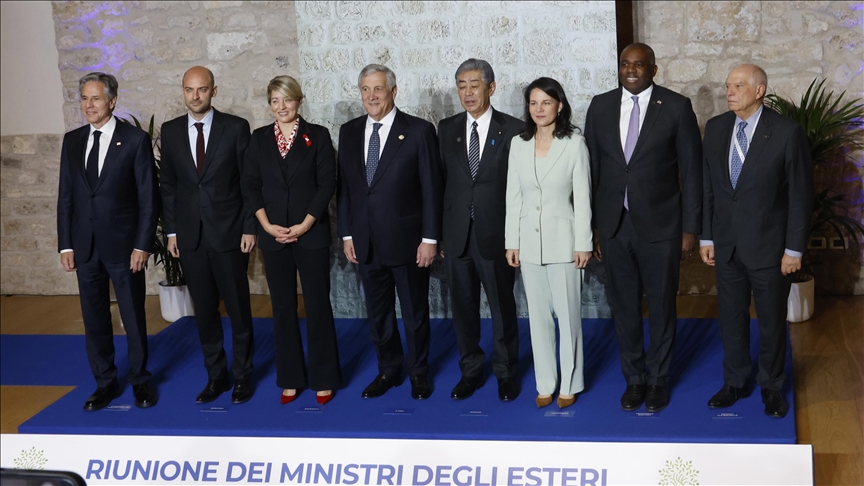Greek Cyprus would enter EU under a "shadow"
EU Enlargement Commissioner Guenter Verheugen said the result meant Greek Cyprus would enter the bloc under a "shadow" on May 1. EU officials said though Turkish Cypriots were now excluded, the union might move to ease harsh sanctions on them.
Generations of heavy-handed Cyprus diplomacy, fired by a strongly nationalist establishment, has seen Turkey and its Cypriot client state frequently portrayed as the obstacles to settlement.
But Saturday’s referendums, after 30 years of partition, marked a profound sea-change for Turkey, which nourishes its own ambitions to join the EU. The vote could improve its chances of winning a date this December for entry talks.
"Now we have changed the image of the Turkish Cypriots as the ones who run away from a solution," Turkish Prime Minister Tayyip Erdogan told a meeting of his ruling party.
"This is the most successful event in the last 50 years of Turkish diplomacy."
The question is whether Turkey can translate sympathy into concrete political and diplomatic gain, easing the plight of a norther Cypriot state recognized only by Ankara.
The respected Greek Cypriot newspaper Politis, which supported reunification, said there needed to be an urgent review of policies to deal with world disapproval and Turkey’s campaign to end northern Cyprus’s international isolation. "We have been on the receiving end of thunderbolts from the international community since last night," columnist Dionysis Dionysiou wrote.



